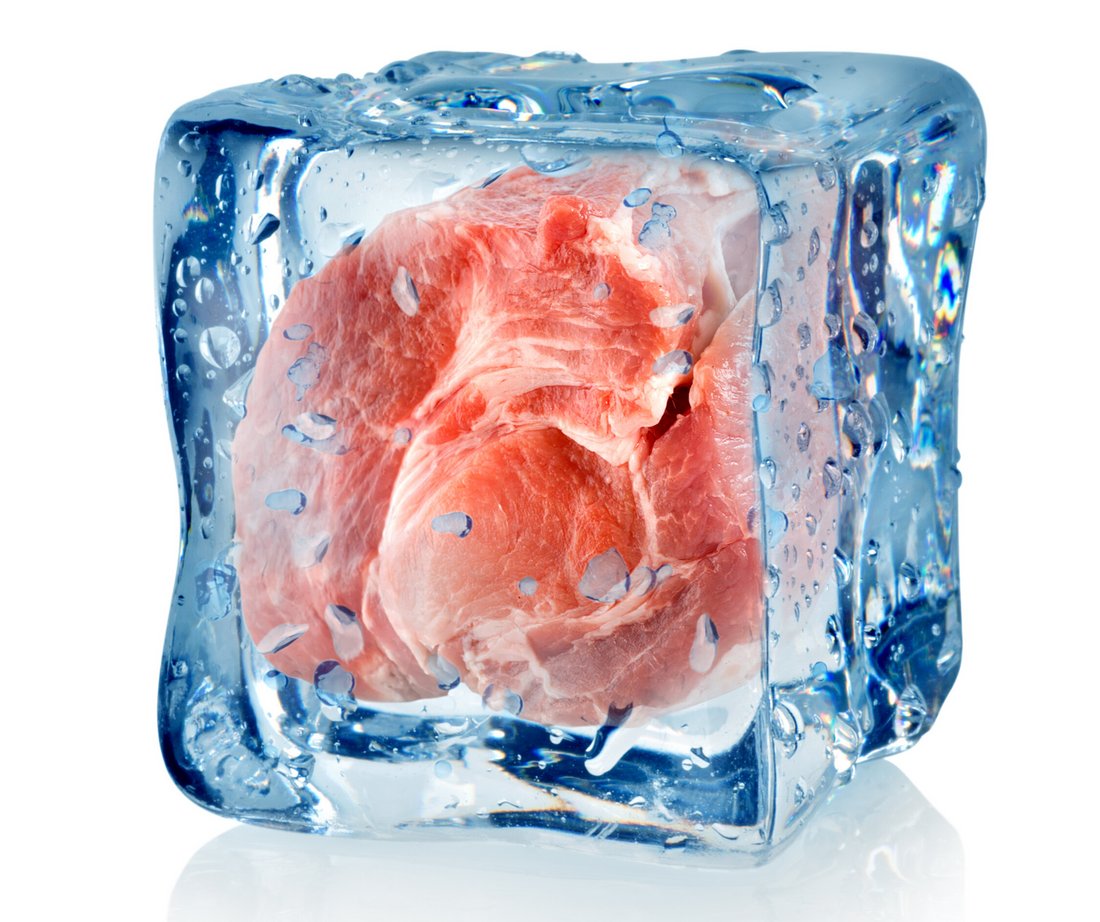Raw Meow Mix: Making a Balanced Raw Diet Simple for Your Cat
Feeding your cat a balanced, species-appropriate raw diet has never been easier, thanks to Raw Meow Mix. This meal completer provides essential nutrients, allowing you to focus on sourcing quality muscle meat. Here’s what to keep in mind to ensure your cat’s diet is safe, varied, and nutritious.
- Choose Human-Grade or Reputable Pet-Grade Meat: While human-grade meat is recommended for quality assurance, if you choose pet-grade meat, it’s crucial to buy only from a reputable source that guarantees the meat is preservative-free, single protein, and free from secreting organs or bone. Reliable suppliers maintain high standards, ensuring the meat is safe and suitable for your cat’s diet without unnecessary additives or fillers.
- Avoid Pre-Made Minced Meat: Minced meat has a larger surface area, which increases the risk of bacterial growth, especially if it has been sitting on the shelf for a few days. We recommend mincing meat yourself or having your butcher mince it fresh. If you must buy pre-minced meat, select the freshest option available, checking the packaging date to ensure minimal shelf time. Ideally, feed chunks of meat to support dental health and provide natural stimulation.
- Offer a Variety of Meats: Variety is essential to a balanced raw diet. Feeding only one cut or protein source can lead to boredom and potential intolerance. We recommend including at least three different proteins, with various cuts from each. A diverse diet keeps your cat engaged and supports a broad nutritional profile.
- Freeze Meat for Safety: Freezing is essential to eliminate potential parasites. Raw meat can carry Toxoplasma gondii, a parasite that causes toxoplasmosis. To reduce this risk, freeze any meat intended for your cat for at least three days. Freezing meat at -12°C for 72 hours neutralizes Toxoplasma gondii, making it safe for consumption.
- Special Precautions for Pork and Wild-Caught Meats: For pork or wild-caught meats, freeze for a minimum of three weeks before feeding to avoid the risk of Trichinella spiralis, a parasite linked to trichinellosis. Though Trichinella hasn’t been reported in Australia, we freeze all pork for three weeks as a precaution. Freezing at -15°C for 21 days effectively kills Trichinella spiralis parasites.
By following these guidelines, Raw Meow Mix makes it simple to offer your cat a fresh, balanced, and complete raw diet. With quality meat, proper preparation, and variety, you’re giving your cat the best foundation for a healthy, vibrant life.
